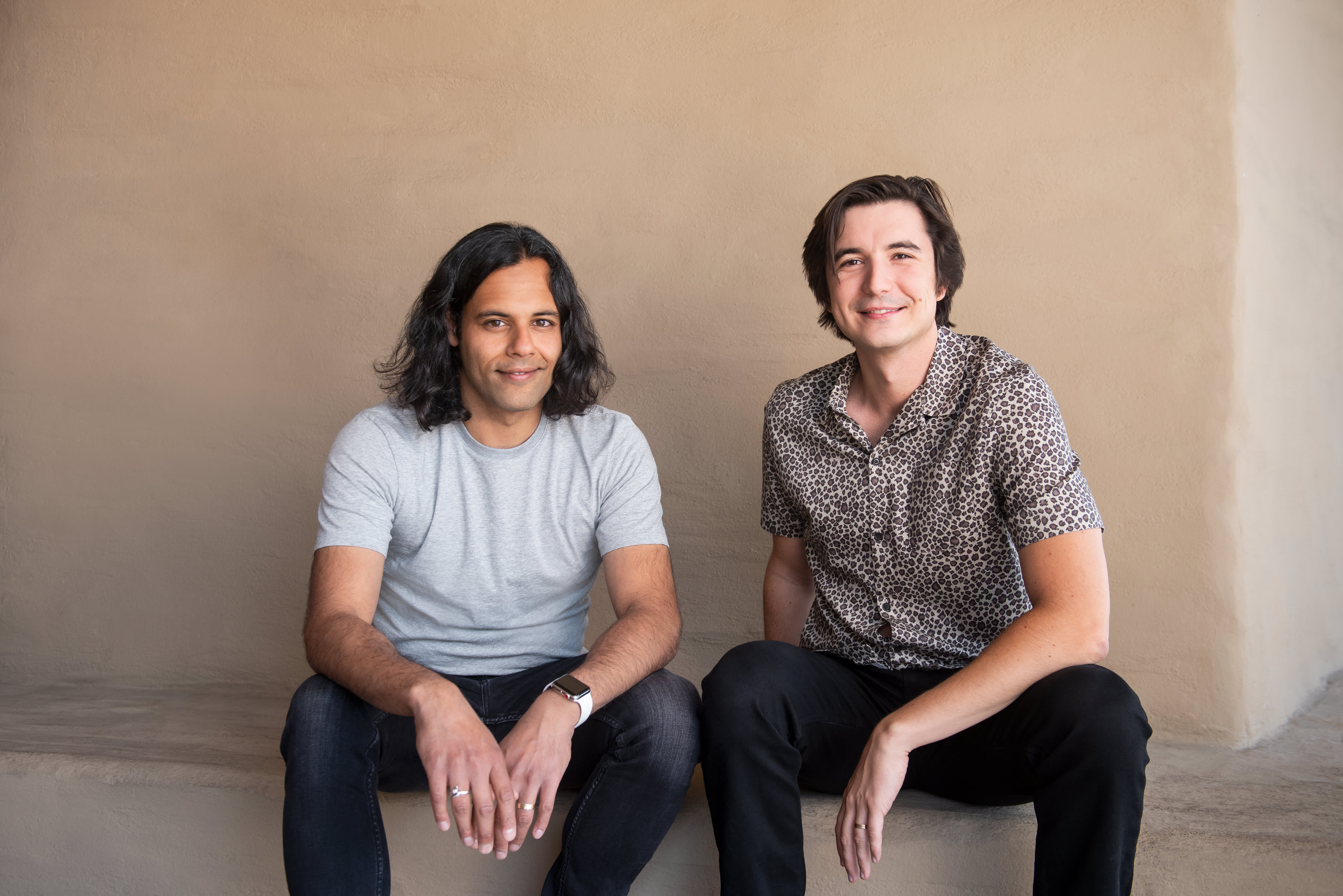This post was originally published on this site

I was born behind the Iron Curtain. For people in my native Bulgaria managing money was a simple proposition with just two options — keeping savings in the state bank or stashing it under a mattress. Investing, of course, was off the table, as was accessing a line of credit. And financial education, even for economists like my father, involved a lot of fast talking to get a hold of counter-revolutionary texts like Adam Smith’s “The Wealth of Nations.”
The Berlin Wall fell while I was still a kid and my family’s move from Bulgaria to the Commonwealth of Virginia is a uniquely American story of opportunity. In the U.S., my family found a country that celebrated choice as a cornerstone of the capitalist system. Competition and access enabled the U.S. stock market to become the greatest engine of wealth creation in the history of the world.
But while the market is theoretically open to everyone equally, some people have had better access, better tools, and a clearer invitation to participate. Others have been held back. Just 10 percent of US households hold 87% of the total value of stocks, and barely half of U.S. households participate in the stock market at all.
We conceived Robinhood in the wake of the Occupy Wall Street movement to level that playing field. We pioneered commission-free trading, enabling millions of underserved people to get more involved in the economy and to make choices to shape their own financial futures. Because of our impact, an entire industry changed — and now most brokerage platforms offer commission-free trading.
2020 was an unparalleled year in American history. COVID-19 rocked the nation, spiking unemployment and leading to loss of income for millions of Americans. In these turbulent times, it gives us tremendous satisfaction that Robinhood has expanded access for many to begin their investment journey during the market rally. Although the majority of these gains are unrealized and 2021 is sure to bring its own twists and turns, we are proud to have enabled our customers to begin participating in the markets and allow them to progress towards their own financial independence.
Many Robinhood traders buy and hold
Not everyone shares our optimism. The pandemic has breathed life into concerns over increasing participation in the market by retail investors. Observers have noted these new investors look different than the generation that came before them, and wonder if investing has become too easy. Should there be additional gating requirements to limit the risk for investors who are just learning the ropes? Does the average American possess sufficient command of financial concepts to navigate the markets responsibly?
I’d argue that those who question the capability of retail investors do not have the interests of everyday Americans at heart. It’s wrong to view the arrival of increasing numbers of retail investors in the market with dismay. It’s short-sighted to proclaim that financial instruments integral to investment strategies of the wealthiest Americans should be left exclusively in the hands of the old guard.
Look at Robinhood’s customers seven years after our founding, they are not a band of reckless, wildcatting investors. Instead, we see evidence that many are classic “buy and hold” stockholders whose portfolios, according to the National Bureau of Economic Research, are comprised of larger, highly liquid companies, and whose investing tactics acted as a small but active market-stabilizing force during volatility in March. Claims of gamification by people who have never used our app miss the point. Those who criticize these investors ought to keep in mind who they really are — hard-working, pragmatic individuals making sensible, steady choices, as opposed to clinging to some hackneyed stereotype of sports betting on smartphones at the fraternity house.
The answer is not to limit access
Today, investors are younger and more diverse than they were when Robinhood started. They have taken their financial education and economic fortunes into their own hands. Our approximately 13 million customers have a median age of 31, many are in the early stages of building wealth for the long-term, hopefully leading to financial independence and security for them and their families.
We all have a responsibility to encourage increased financial literacy. But we need to recognize that the greater danger to our society is not that individual investors will make the wrong decisions. More importantly, it’s that individual Americans will not be encouraged to increase their financial confidence or empowered to participate in the market at all. At Robinhood, it seems clear to us that the answer to the problem is not to limit access, but to find new and creative ways to teach people to participate responsibly. Otherwise, we reinforce the bias of a decades-long exclusionary pattern which has only recently been reversed into a positive direction.
Our mission is to democratize finance and is rooted in American idealism. America has always prided itself on the ability to foster upward mobility and opportunity with few barriers. This national ethos of the “American Dream” is as old as the nation itself. In the 20th century, it was all about home ownership, driven in part by the 30-year fixed mortgage. Now, with commissions and minimums gone, the stage is set for a new American Dream, one where close to 100% of our citizens are investors. Let’s create it — together.




